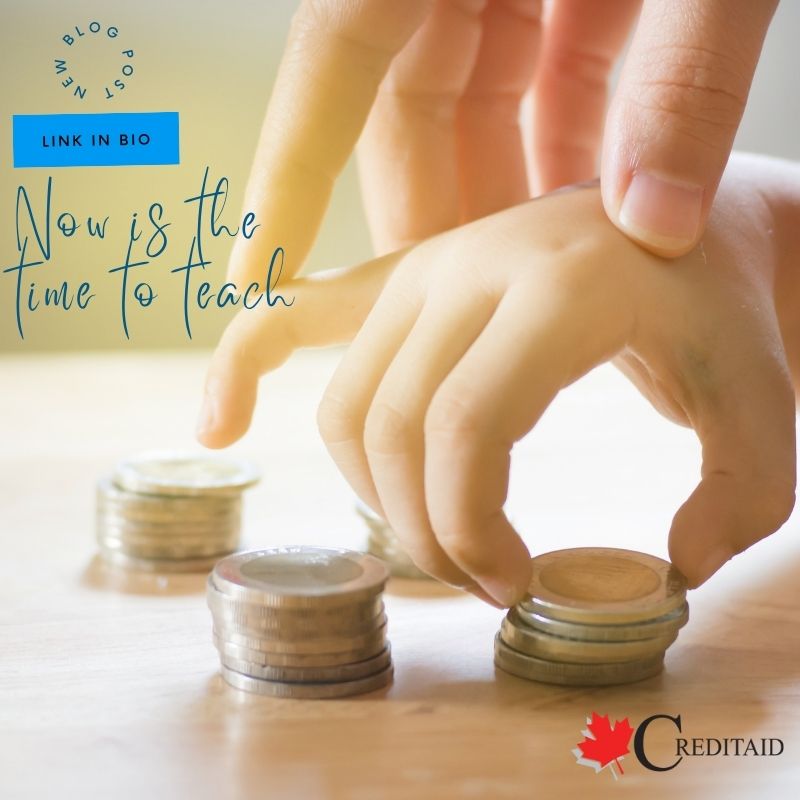As parents, we strive to teach our children essential life skills, and one area often overlooked is financial literacy. Developing a strong foundation of knowledge about debt and responsible credit use is crucial for their future financial well-being. At Creditaid, we believe in empowering individuals with the tools and knowledge to make informed financial decisions from an early age. In this blog, we will explore the importance of teaching kids about debt and responsible credit use, and how Creditaid can assist you in this journey. Book a free consultation with our experts today to kickstart your child’s financial education.
- Start Early: Building Financial Foundations
Introducing the concept of money and budgeting to children at an early age can lay the groundwork for responsible financial habits. Teach them about saving, budgeting, and distinguishing between wants and needs. Engage them in discussions about setting financial goals and the importance of delayed gratification. These early lessons will help them develop a healthy relationship with money as they grow older. - Explain Debt: The Good and the Bad
Debt is a concept that children need to understand. Teach them that while debt can help achieve important goals like buying a home or pursuing education, it can also become burdensome if not managed wisely. Explain the differences between good debt (investments with long-term benefits) and bad debt (impulsive purchases or high-interest credit card debt). Emphasize the importance of responsible borrowing and repaying debts on time. - Introduce the Basics of Credit
As children become teenagers, it’s essential to educate them about credit and how it works. Explain the role of credit scores and how they impact their financial future. Teach them about the different types of credit, such as credit cards, loans, and mortgages. Encourage them to ask questions and foster an understanding of interest rates, credit limits, and the consequences of late payments or defaulting on debts. - Lead by Example: Financial Responsibility at Home
Children often learn best by observing their parents’ behavior. Be a positive role model by demonstrating responsible financial habits. Discuss your own financial decisions and explain why you make certain choices. Involve your children in household budgeting discussions and let them participate in age-appropriate money management tasks. Encourage them to save a portion of their allowance and set financial goals. - Seeking Professional Guidance: Creditaid’s Free Consultation
If you’re unsure about how to navigate the complexities of teaching kids about debt and responsible credit use, Creditaid is here to help. Our team of experienced credit counsellors can provide valuable guidance and resources tailored to your family’s needs. Book a free consultation with us today, and let us assist you in equipping your children with the necessary financial knowledge and skills to succeed in life.
Teaching kids about debt and responsible credit use is an investment in their future financial success. By starting early, explaining the concept of debt, introducing the basics of credit, and leading by example, you can instill healthy financial habits that will serve them well throughout their lives. Remember, Creditaid is here to support you on this journey. Book a free consultation with our credit counseling experts, and together, we can empower your children to make informed financial decisions and build a solid foundation for their financial future.



